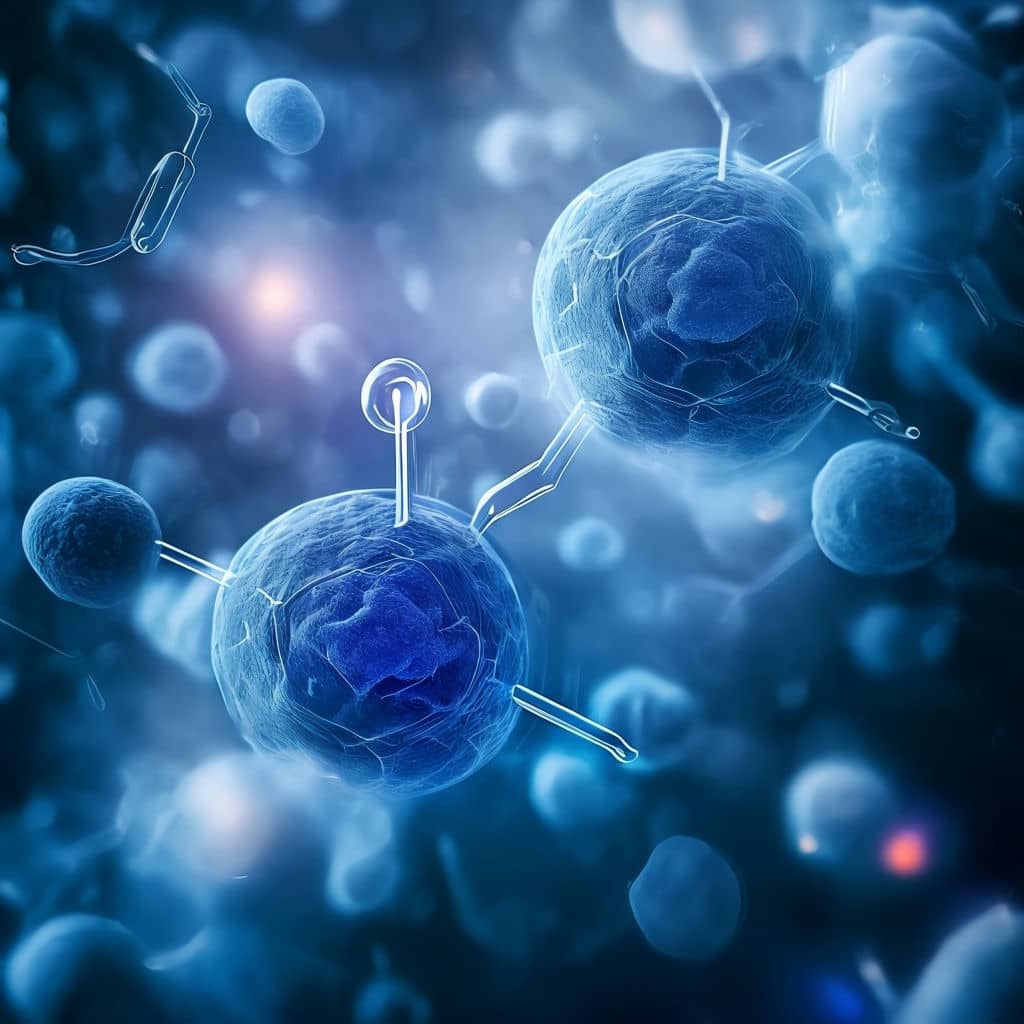Biotechnology is a broad field that involves using biological systems, organisms, or derivatives to develop or create products and processes that improve human life and the health of the planet. It encompasses various disciplines, including molecular biology, microbiology, and biochemistry, and applications range from pharmaceuticals and agriculture to environmental science and food production.
Genetic engineering is a specific subset of biotechnology that involves the direct manipulation of an organism’s DNA to alter its genetic makeup. This can involve adding, deleting, or modifying genes to produce desired traits or products. Key techniques used in genetic engineering include:
- CRISPR-Cas9: A revolutionary tool for editing genes with high precision.
- Recombinant DNA technology: Combining DNA from different organisms to produce new genetic combinations.
- Gene cloning: Creating copies of specific genes or segments of DNA.
Applications of genetic engineering include:
- Agriculture: Developing crops that are resistant to pests, diseases, or drought.
- Medicine: Producing insulin, vaccines, and gene therapies for various conditions.
- Environmental: Creating microorganisms that can clean up pollutants.
Overall, both biotechnology and genetic engineering have significant implications for health, agriculture, and environmental sustainability, driving innovation and addressing global challenges.
Biotechnology and genetic engineering are interconnected fields that leverage biological systems and organisms to create or modify products, enhance plants and animals, or develop microorganisms for specific uses.
Biotechnology
Biotechnology is the broad scientific discipline that involves the use of living organisms, cells, and biological systems to develop products and technologies. It encompasses various techniques and applications in areas such as:
- Medical Biotechnology: Development of drugs, vaccines, and diagnostic tools.
- Agricultural Biotechnology: Creation of genetically modified organisms (GMOs) to improve crop yield, pest resistance, and nutritional content.
- Industrial Biotechnology: Use of enzymes and microorganisms in manufacturing processes, including biofuels and biodegradable plastics.
- Environmental Biotechnology: Bioremediation techniques that use microbes to clean up contaminated environments.
Genetic Engineering
Genetic engineering is a subset of biotechnology that involves directly manipulating an organism’s genes using techniques such as:
- Gene Cloning: Copying a specific gene to produce multiple copies.
- CRISPR-Cas9: A revolutionary technology that allows for precise editing of DNA sequences.
- Transgenic Organisms: Introducing genes from one species into another to confer specific traits, such as disease resistance in plants or insulin production in bacteria.
Applications
- Medicine: Production of insulin, human growth hormone, and gene therapy.
- Agriculture: Development of pest-resistant crops and biofortified foods.
- Environmental Management: Efforts to clean up oil spills or waste using modified microbes.
Ethical Considerations
Both fields raise ethical questions regarding safety, environmental impact, and the implications of altering life forms. Regulations and public opinion can significantly influence the development and application of biotechnology and genetic engineering.
In summary, biotechnology harnesses biological processes, while genetic engineering specifically manipulates genetic material to achieve desired biological outcomes. Together, they drive innovation in various sectors, enhancing our ability to address global challenges.



